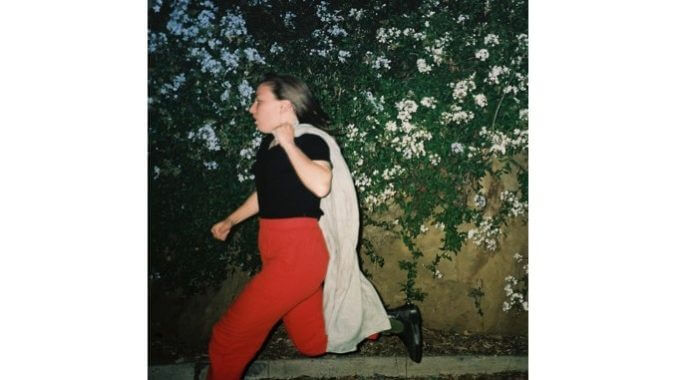We’ll Become the Flowers is Eliza Edens’ Search for Meaning
The indie-folk artist’s sophomore release finds her intensifying the questions of her debut with a sharpened, vulnerable edge

When Eliza Edens emerged with her 2020 release Time Away from Time, she was already applying the language of pop-influenced indie folk to existential themes. The Berkshires-born artist, now based in Brooklyn by way of Colorado, is no stranger to transition, examining love, death and nature in turns. Throughout her debut, she takes long journeys through the San Juan Mountains and her own subconscious to find answers. “I am only a moment to a mountain,” she muses in the title track. Later, the meditative detachment is lost in a sampled recording of her grandmother playing piano as Edens repeats, “Will you still be around?”
Now, with the release of We’ll Become the Flowers, her search takes on a new intensity. Edens penned the album after a breakup and receiving news of a devastating diagnosis for her mother—in the wake of both heartbreaks, her wrestlings with partnership and mortality grow urgent and personal. Drawing from the wellsprings of Nick Drake, Laura Marling and Andy Shauf, We’ll Become the Flowers eschews its predecessor’s serenity for a new, more vulnerable reckoning.
Opening track “How” springs forth with a litany, posed over a driving guitar and otherworldly lap steel from Dexter Wolfe. Here, Edens considers the daunting task of creating a future, questioning her own ability to “start a home, grow all the things that I’ve ignored.” Real-world travels “from north to south” haven’t helped her to transcend, nor have forays into pop psychology—alluding to Bessel van der Kolk, she recalls “weeding through the trauma in my bones” to “forgive and not keep score.” Though the song is preoccupied with the big picture, Edens makes room for the acutely personal: The image of an ex blithely drinking coffee “like there’s nothing wrong” mourns a future that could have been.
In “Westlawn Cemetery,” Edens is confronted with what lies at the finish line of the life she balks at building. Meandering through a hometown graveyard, she considers the buried who have “figured it out” and the cyclical nature of nurturing—now a caretaker, it’s she who makes her mother dinner at night. Adding to the poignancy is her mother’s longtime career as a professional gardener, her hands buried deep in the soil “where we all end up in time.” Steady electronic drums add movement to Edens’ lyrics, as if we’re walking right alongside her.
-

-

-

-

-

-

-

-

-

-

-

-

-

-

-

-

-

-

-

-

-

-

-

-

-

-

-

-

-

-

-

-

-

-

-

-

-

-

-

-








































